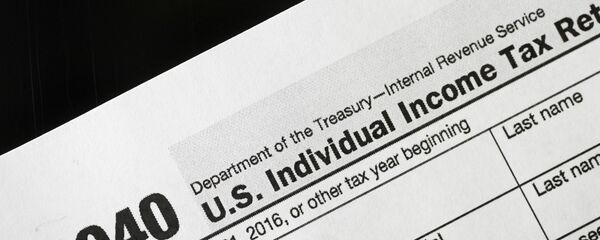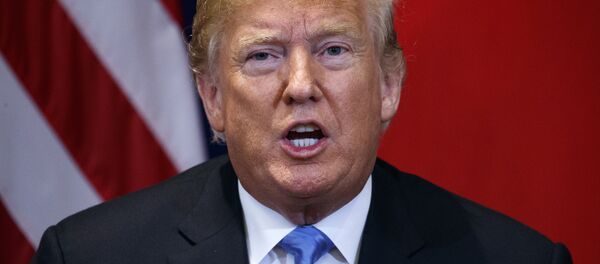Jared Kushner paid little to no federal income tax between 2009 and 2016 by using a well-known tax-minimizing maneuver, the New York Times reports, citing the Trump son-in-law's tax bills.
According to the newspaper, Kushner's tax maneuver, which involved the use of depreciation, a tool often used by real estate moguls which allowed him to dramatically reduce his total taxable income, did not technically appear to break the law. It is a common strategy which is almost never audited, tax professionals speaking to the newspaper said.
Kushner has yet to comment on the report and whether it is accurate.
Kushner, who serves as President Trump's senior advisor on issues ranging from the Israel-Palestine conflict to deals with foreign countries to government IT contractors, veterans affairs and the drug problem, has an estimated net worth of nearly $324 million. Kushner Companies' total taxable sales reportedly amounted to about $2.3 billion between 2009 and 2016.
Earlier this month, the New York Times reported that President Trump and his father Fred Trump had used a variety of tax evasion schemes over the course of several decades, some of them constituting outright fraud. Trump dismissed the report as a "hit piece" and a revamp of an "old, boring" story.




